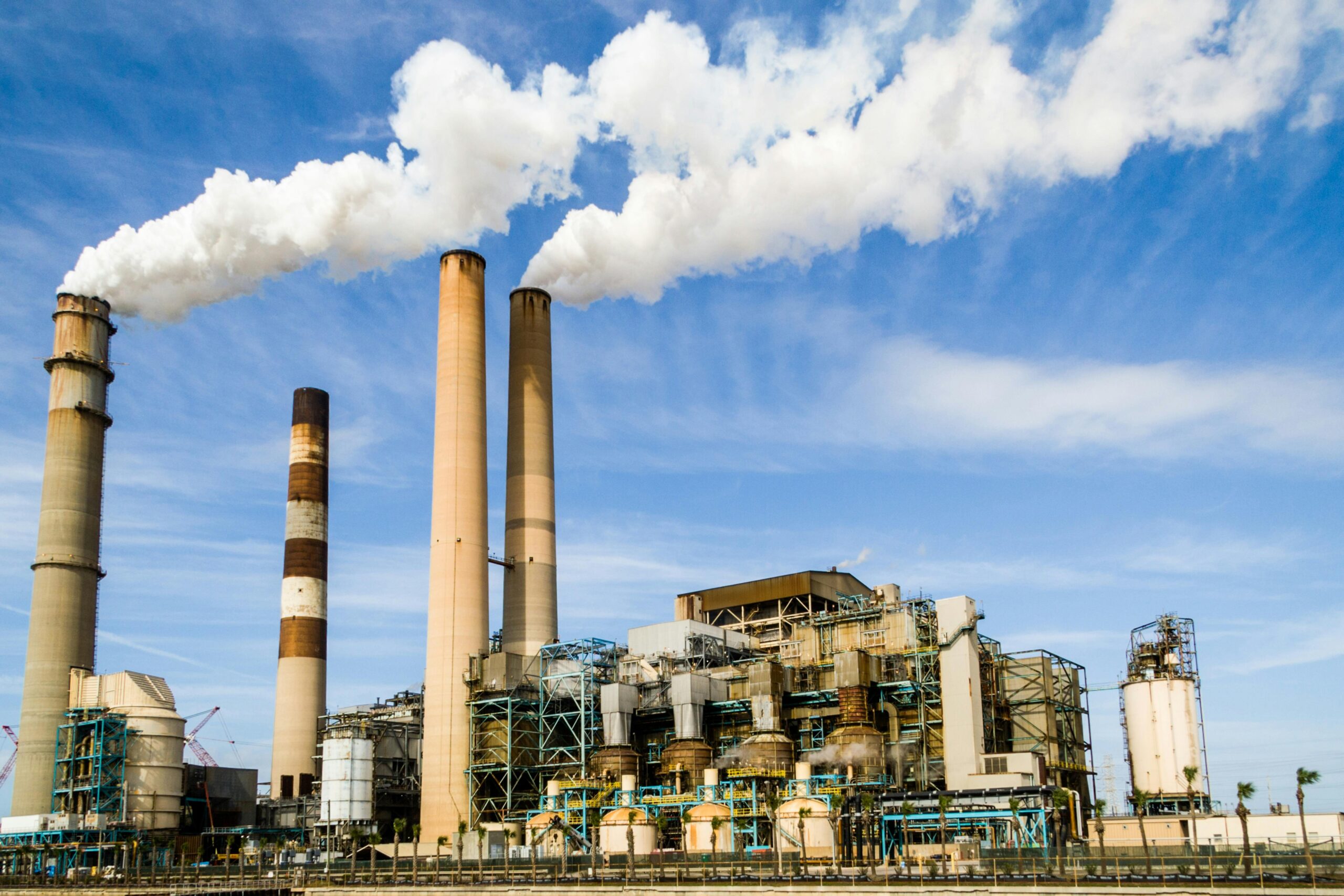In a disturbing setback for environmental justice, the U.S. District Court for the Western District of Louisiana has issued a permanent injunction that could have dire consequences for Black communities in Louisiana.
The ruling, handed down by Judge James Cain, a Trump appointee, bars the Environmental Protection Agency (EPA) and the Department of Justice (DOJ) from using Title VI of the Civil Rights Act to influence the state’s regulation of polluting facilities.
This decision effectively removes critical federal oversight designed to protect marginalized communities from disproportionate environmental harm.
For decades, Louisiana’s Black and Latinx communities have been on the front lines of environmental degradation, particularly in areas like Cancer Alley—a predominantly Black region along the Mississippi River, notorious for its high concentration of chemical plants and the resulting toxic air pollution.
These communities have long suffered the devastating health impacts of living near such facilities, which pump carcinogens into the air and water, contributing to alarmingly high cancer rates and other health disparities.
EarthJustice, a nonprofit environmental law organization, has condemned the ruling, stating that it grants industrial polluters a “free pass” to continue harming vulnerable communities. Patrice Simms, Vice President for Healthy Communities at EarthJustice, voiced the frustration and fear of those living in these areas: “Louisiana has given industrial polluters open license to poison Black and brown communities for generations, only to now have one court give it a permanent free pass to abandon its responsibilities.”
She adds:” Louisiana’s residents, its environmental justice communities, deserve the same Title VI protections as the rest of the nation.”
The EPA, under the Biden administration, had begun to make significant strides in addressing these long-standing injustices. In 2020, the agency announced an investigation into the environmental conditions in Cancer Alley, signaling a commitment to holding polluters accountable.
However, this progress was railroaded by legal challenges from Louisiana officials, led by then-Attorney General and current Governor Jeff Landry, who sued the EPA to block federal intervention.
The recent court ruling not only halts this progress but also sets a dangerous precedent. Debbie Chizewer, an attorney with EarthJustice, warned that this decision could embolden other states to follow suit, using similar legal arguments to undermine federal civil rights protections in environmental regulation. “If another state filed a case using the same theories, they will point to this case as persuasive authority for another court to consider,” Chizewer explained.
The EPA has vowed to continue enforcing civil rights law within the confines of the court’s order, but the path forward is fraught with challenges. The agency, along with the DOJ, must now navigate a legal landscape where its authority to protect vulnerable communities has been severely curtailed.
This ruling underscores a broader struggle in the fight for environmental justice in the nation, where the health and well-being of marginalized communities are often sacrificed in favor of industrial and economic interests.
For the residents of Cancer Alley and similar communities, this decision is a stark reminder that the fight for clean air, safe water, and environmental equity is far from over.

